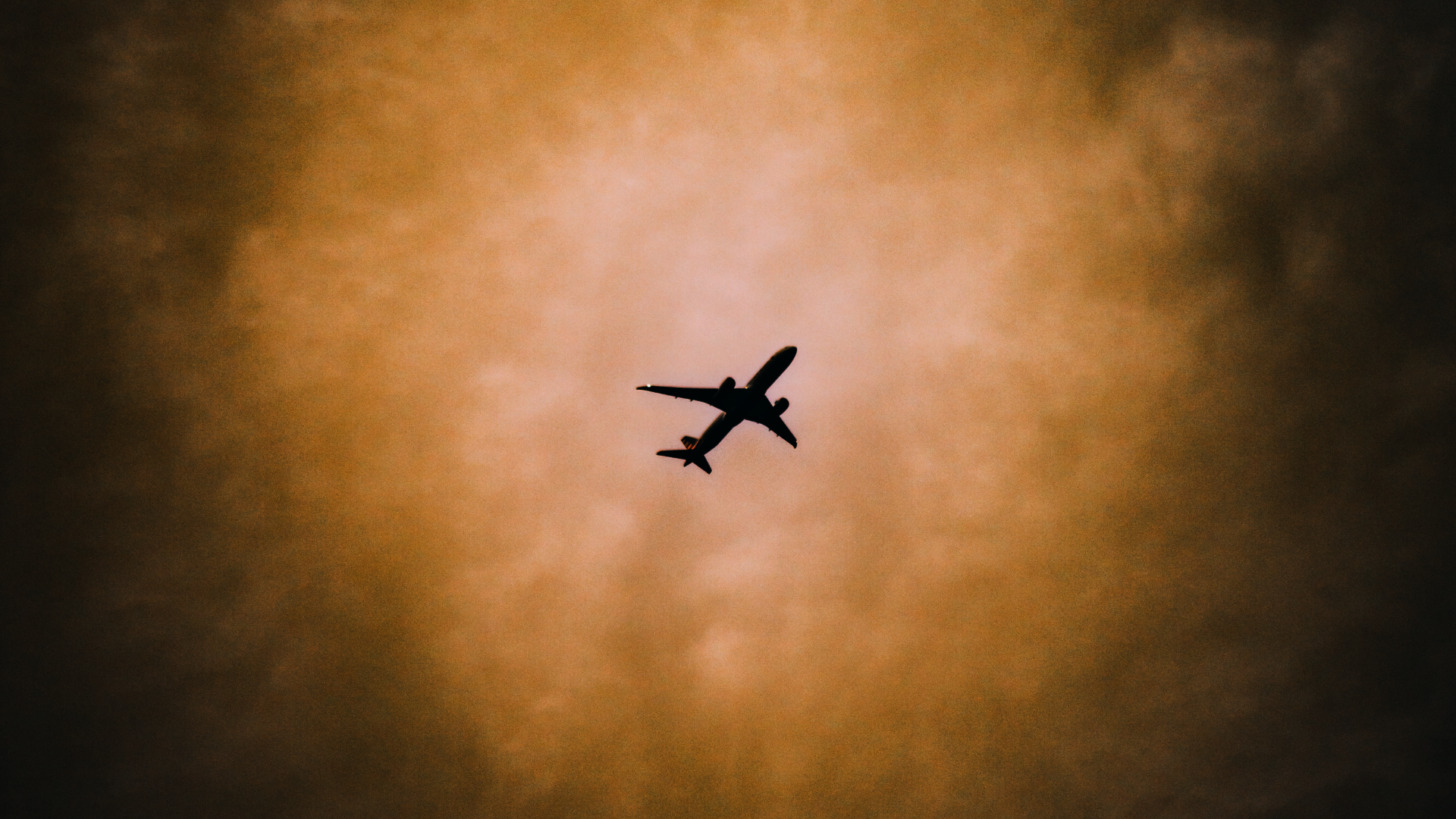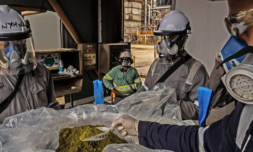A technicality requiring airlines to use 50% of their airport slots – or face losing them to competitors – leads to thousands of empty flights a year. In Brussels, where the custom is particular bad, pressure is on to stop immediately.
When facing the public, western governments appear staunchly determined to fight climate change. You’d be surprised then at how many bureaucratic and technical decisions continue to hold us back.
Speaking of which, one ridiculous ruling from the European Commission is being hammered in the press and on social media this week.
It states that airliners are still required to use 50% of their airport slots (the equivalent of a giant parking space) or face losing them indefinitely to rival companies. What about Covid travel restrictions and record lows in bookings, I hear you ask.
Well, would you believe this is actually a revised version of the ruling dating back to last February. In the pre-pandemic days, airliners were obliged to complete 80% of their flights in order to retain slots for the following year.
As you can imagine, many airliners – already tittering on the edge complete financial collapse – aren’t too keen on going under completely. The way flight quotas are being met, however, is downright scandalous.
In Brussels, Belgium, a national leading airliner called Lufthansa has warned as many as 18,000 of its flights will have but a few (and sometimes no) passengers at all this winter… all because rules are rules.




















